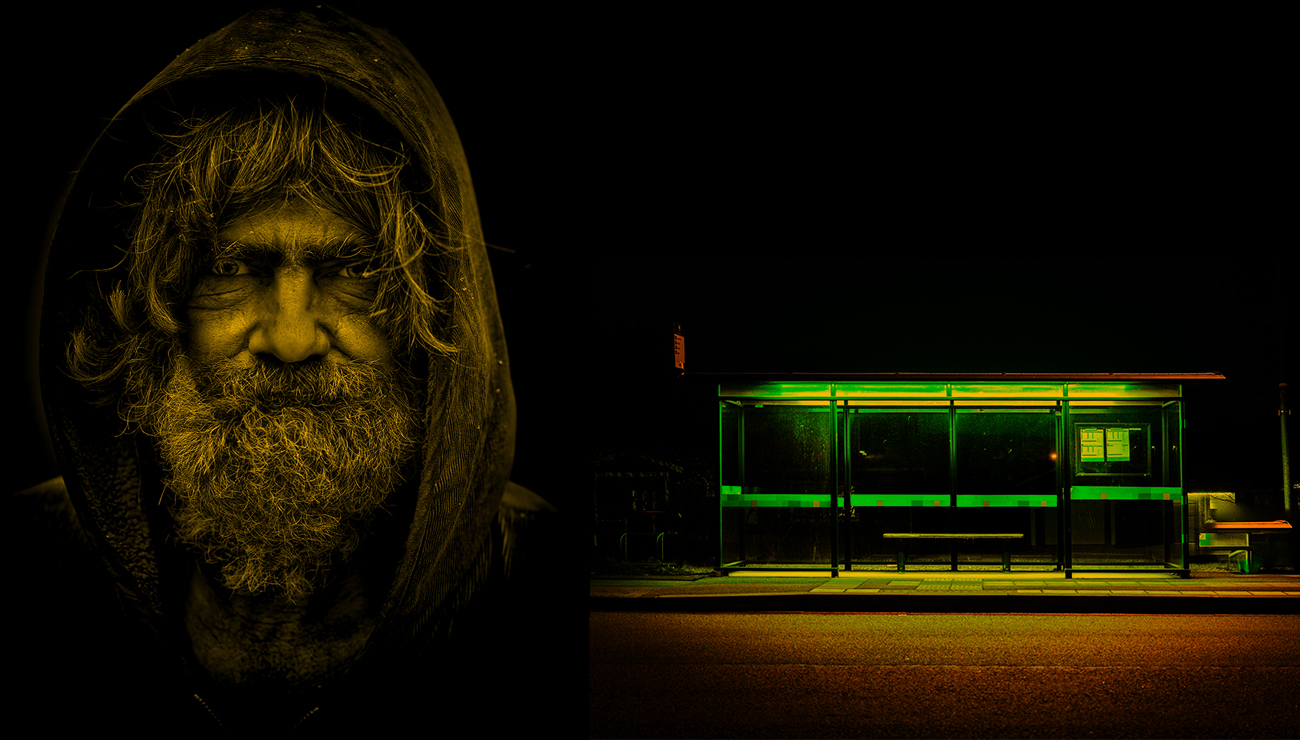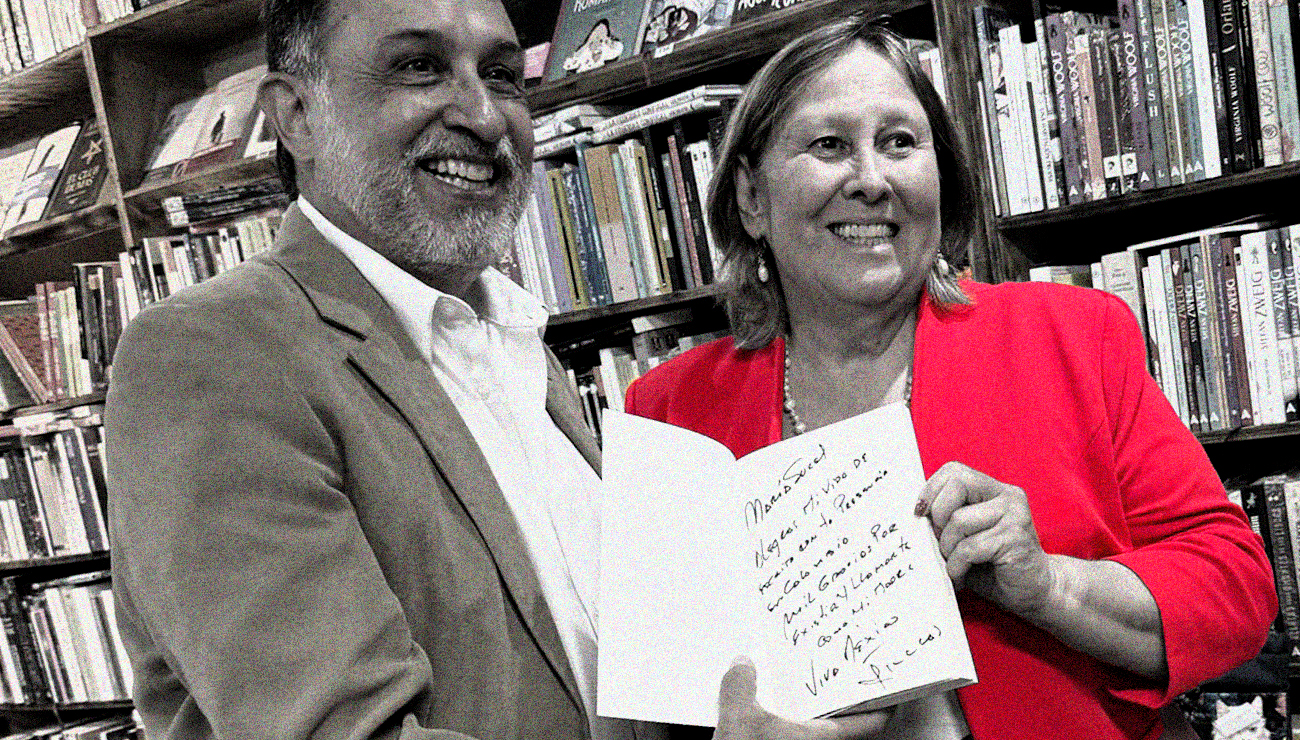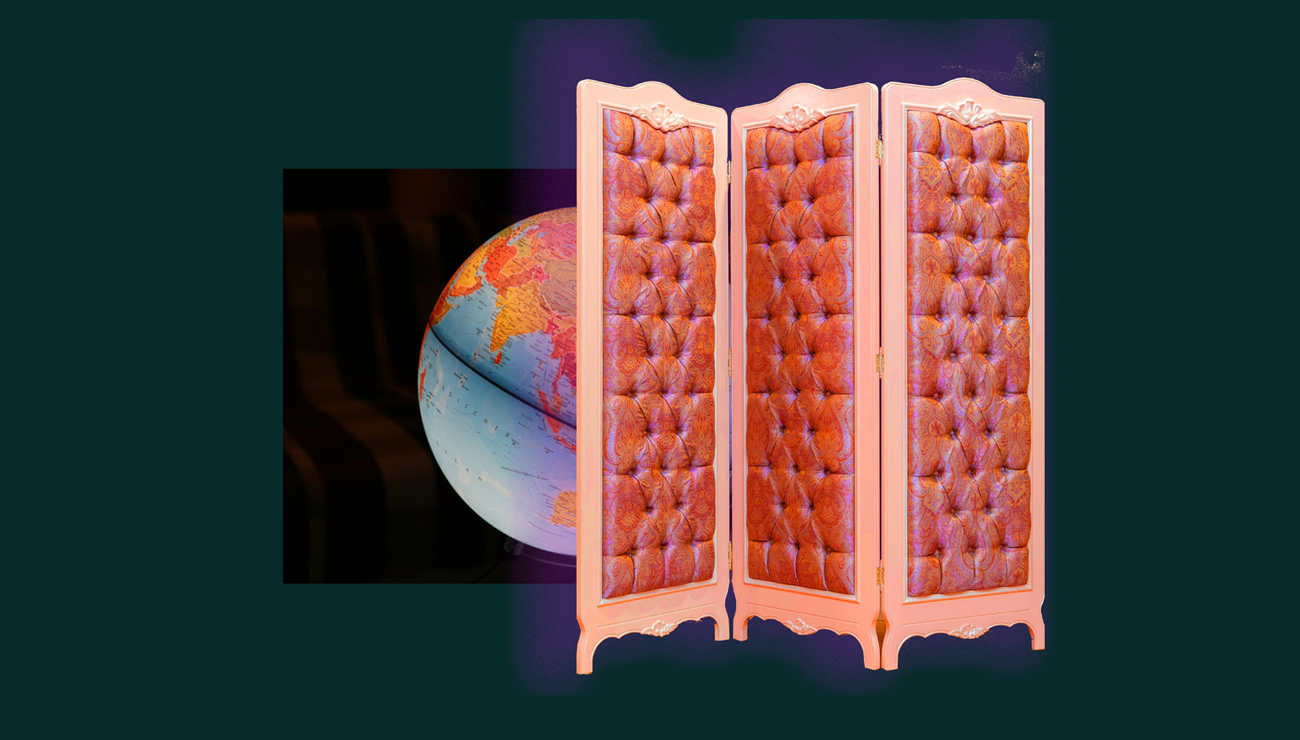
The Last Tango of Salvador Allende: The Utopia of a Communist President Who Didn’t Want to Be One
Author: ©2023 William Castano-Bedoya
The novel “The Last Tango of Salvador Allende,” written by Chilean author Roberto Ampuero and published by Plaza & Janes in 2012, provides a perceptive portrayal of the fictions and realities that characterized the Chilean political transition in the seventies, during the Allende-Pinochet era. It was a time when communism sought but failed to materialize, becoming what could be described as “the chronicle of an announced socialism.” According to Cuba, this socialist experiment perished due to a lack of armed radicalization.
In reality, according to Ampuero’s novel, President Allende chose, rather than unleashing bloodshed among his fellow Chileans, to take refuge in his democratic utopias. These utopias have immortalized him in history as a communist president who didn’t wish to be one. However, Allende’s utopias were threatened by factors he himself contributed to creating, such as the persecution of the business class, leading to a weakening of the productive apparatus, and the disintegration of social bonds, resulting in isolation and scarcity. External factors also played a role, including the subtle Cuban intrigue. In contrast, the United States, concerned about the growing nettles in its backyard, kept an eye on Russia, which, according to the novel, barely paid attention, recognizing that subsidizing another costly revolutionary process wasn’t on its agenda. At that point, it had admitted that its support for Cuba had turned into a degrading program of international political “Welfare.”
The significance of Ampuero’s novel lies in its ability to help us contextualize, decades later, the reality of the Chilean transition. It also contributes to the “historical memory” that literature continues to offer to humanity, as in the absence of many truths shedding light on mysterious historical events, accumulated testimonies create their own version of events. Nevertheless, the pure truths of Chile went with the deceased, were whispered by the widows against the wall of their lamentations, carried by orphans in their perpetual sorrow, and concealed by exiles on both the right and left in their temporary havens. According to the novel, other distant individuals had to flee with their meager belongings around the world in search of refuge and understanding. Characters like Victoria, Héctor Aníbal, or Rufino himself, who acts as a scribe of history, or equally surreal characters as described by Chilean writer Hernán Orrego in his novel “The Wings of the Condor.”
We understand the Chilean truth as it has been presented to us by newspapers, news broadcasts, or as interpreted by writers. There is a pressing need to narrate history, even if it is through fiction. This need for humanistic understanding arises because thousands of victims of traumatic social processes, as experienced in Chile, Cuba, Colombia, Venezuela, Nicaragua, or El Salvador, still reside within us and carry their inherent suffering and pain. It is crucial that we all understand these victims for what they are: individuals victimized by traumatic revolutionary processes that only a few men sponsored on their ruthless path to absolute power.
In conclusion, some thoughts highlight what has happened and continues to occur on our continent:
- Extreme power can only be sustained with the blood of its people.
- A country that arms its population rarely returns to democracy on its own.
- Concentrated power in the hands of a few leads to communist monarchies.
- Democracy weakens when hunger looms.
- Communism lurks around weak democracies perched on the edge of destiny.
A Planetary Choreography: Each Tragedy Serves as a Screen to Hide Another
William Castaño
William Castaño-Bedoya is an American writer based in Coral Gables, Florida. His literary fiction explores the ethical, psychological, and emotional structures that shape human relationships, focusing on love, vulnerability, and the tensions between power and compassion. His narrative voice is marked by interiority, silence, and moral inquiry, privileging emotional intelligence over spectacle. After a long career in marketing and creative leadership, he turned fully to literature, bringing a strategic understanding of contemporary human experience to his work. He is the author of several novels, including "The Intriguing Stillness of the Tides", "We the Other People", "Ludovico", "Flowers for Maria Sucel", "The Galpon", and "We’ll Meet in Stockholm".



